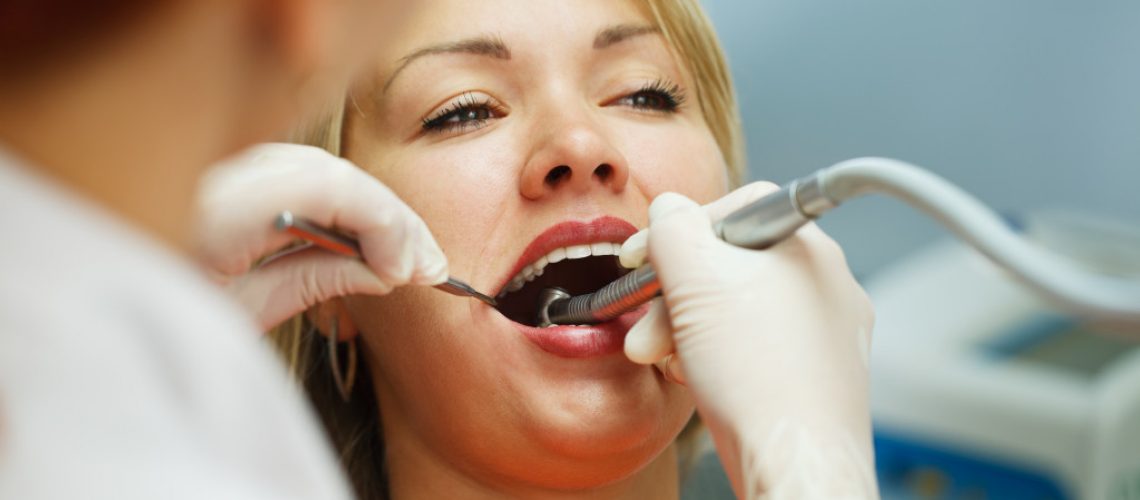Aside from wishing to tell you there is nothing to be scared about going to the dentist, there are more things that dentists wish everybody knew. Another one is that you should not only see them when you are in pain. Health experts say, apart from brushing and flossing your teeth regularly, you must visit your dentist twice a year to ensure everything is good with your oral health. With that said, here are a few things your dentist wishes you knew:
1. How Important Flossing Is
There are plenty of toothbrush and toothpaste commercials on television. This contributes to why many people know why brushing the teeth at least twice a day is essential. Unfortunately, flossing doesn’t get the same airtime. According to a nationwide poll, only 40 percent of Americans floss regularly. Meanwhile, 20 percent said they do not floss at all.
There are spaces between your teeth that your toothbrush won’t reach no matter how hard you try. Dental flossing helps you dislodge some food debris stuck between the teeth. Aside from that, flossing also keeps your gums healthy.
Regular flossing keeps your teeth free from cavities and plaque. It removes plaque, a sticky film-like buildup on the teeth that can cause gum disease. Usually, your dentist can tell if you only floss your teeth a few times before your appointment. The state of your gums usually gives it away.
2. Toothache Is Not Normal
How often have you experienced a toothache and told yourself that you would visit the dentist if it didn’t go away in two days? This is usually the case. And when the toothache doesn’t persist, you take it as a sign not to get an appointment.
Pain is your body’s way of telling you that something is wrong. So even if it goes away in two days, you should still do something about it. There are multiple reasons for a toothache.
It might be gum recession wherein the gums pull back to expose the roots. It can also be a sign of nerve infection or inflammation. In cases of infection, the pain goes away when the nerve dies. However, the infection remains. It can lead to more severe problems if left untreated.
3. Xylitol Gums Help
Xylitol is a type of sugar alcohol used as a sweetening agent. It is usually used for sugar-free gums and mints. If you like chewing gums, you are in luck.
Clinical studies have shown that chewing gums with xylitol can actively help fight against the formation of cavities. This is because xylitol significantly decreases plaque accumulation.
4. Not All Compromised Teeth Must Be Pulled
Dentists try their best to salvage a decaying tooth. Pulling it out is not always the best option. Why? Because replacements for teeth such as dentures and implants will never compare to a real tooth.
At the same time, when your dentist pulls a tooth, it can lead to a domino of effects. The gap that it leaves can cause your remaining teeth to move. It messes with your gum alignment and may cause pain later on. It also affects your physical appearance as the surrounding bones collapse on the missing gap.
There are ways to save a tooth, like a root canal treatment, but it will depend from case to case.
5. Bleeding Gums Are Never Okay
If you suddenly bleed in any other parts of your body after taking a bath, you will rush to the ER. So why do you shrug it off when your gums bleed after brushing or flossing?
The culprit for bleeding gums is a buildup of bacteria. There can be other factors, but it’s always the main reason. The first stage of gum disease is gingivitis. This is the stage that a dentist can reverse. If you ignore bleeding gums, it can progress to something more serious.
6. You Should Not Rinse Your Mouth After Brushing

It can feel uncomfortable if you are not used to it, but you should spit the foam after brushing, not rinse your mouth. To help you understand the reason, you should know how fluoride works.
Fluoride, the main ingredient in toothpaste, helps maintain your oral health by replacing the lost minerals in teeth. It prevents tooth decay and makes your teeth stronger.
When you don’t rinse your mouth after brushing, you allow the fluoride to work longer. This is most helpful at night because you produce less saliva to protect your teeth from acid attacks.
Now that you know all of these, you have fewer reasons not to schedule a dental check. Strong and healthy teeth are an essential factor in living a comfortable life. Take care of them as early as now.

